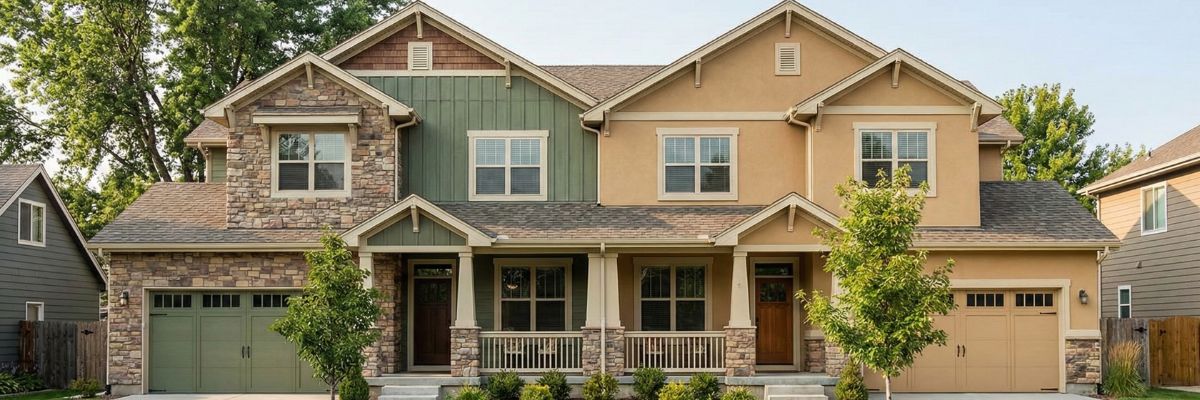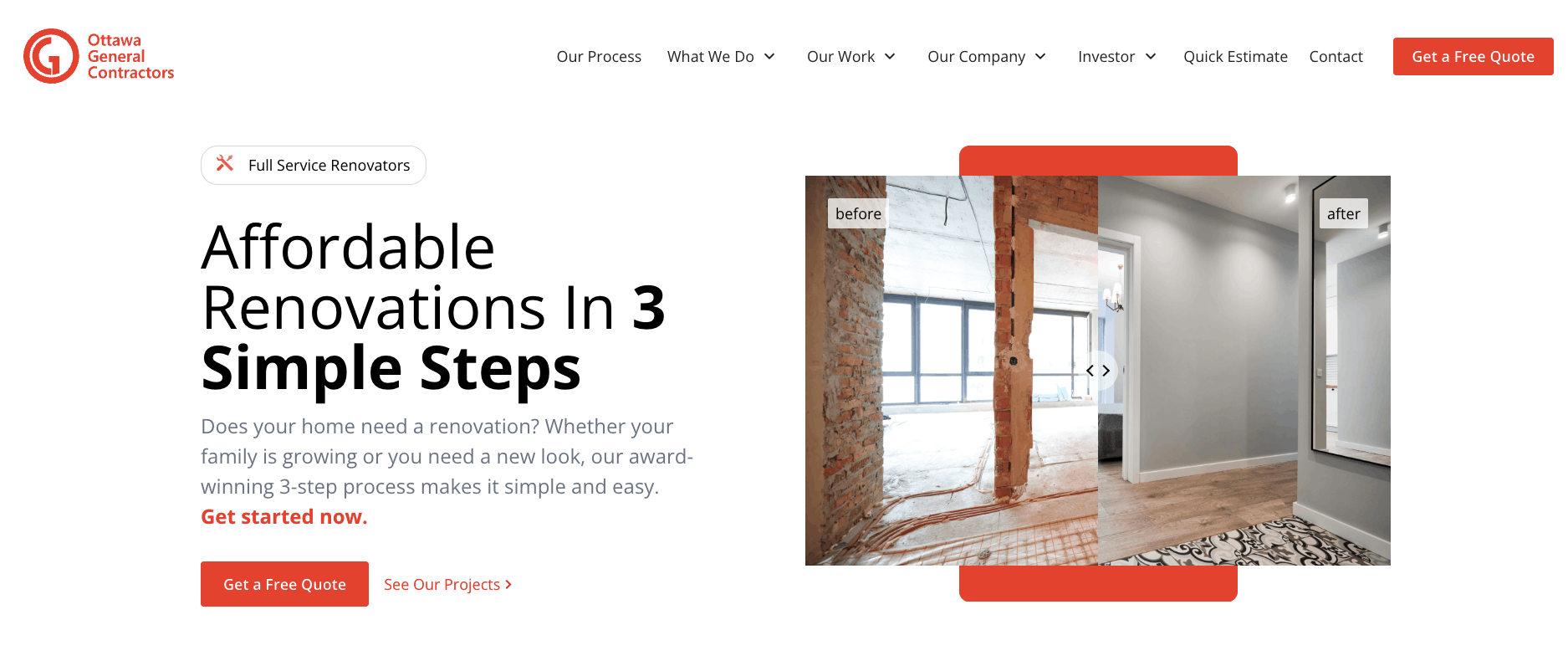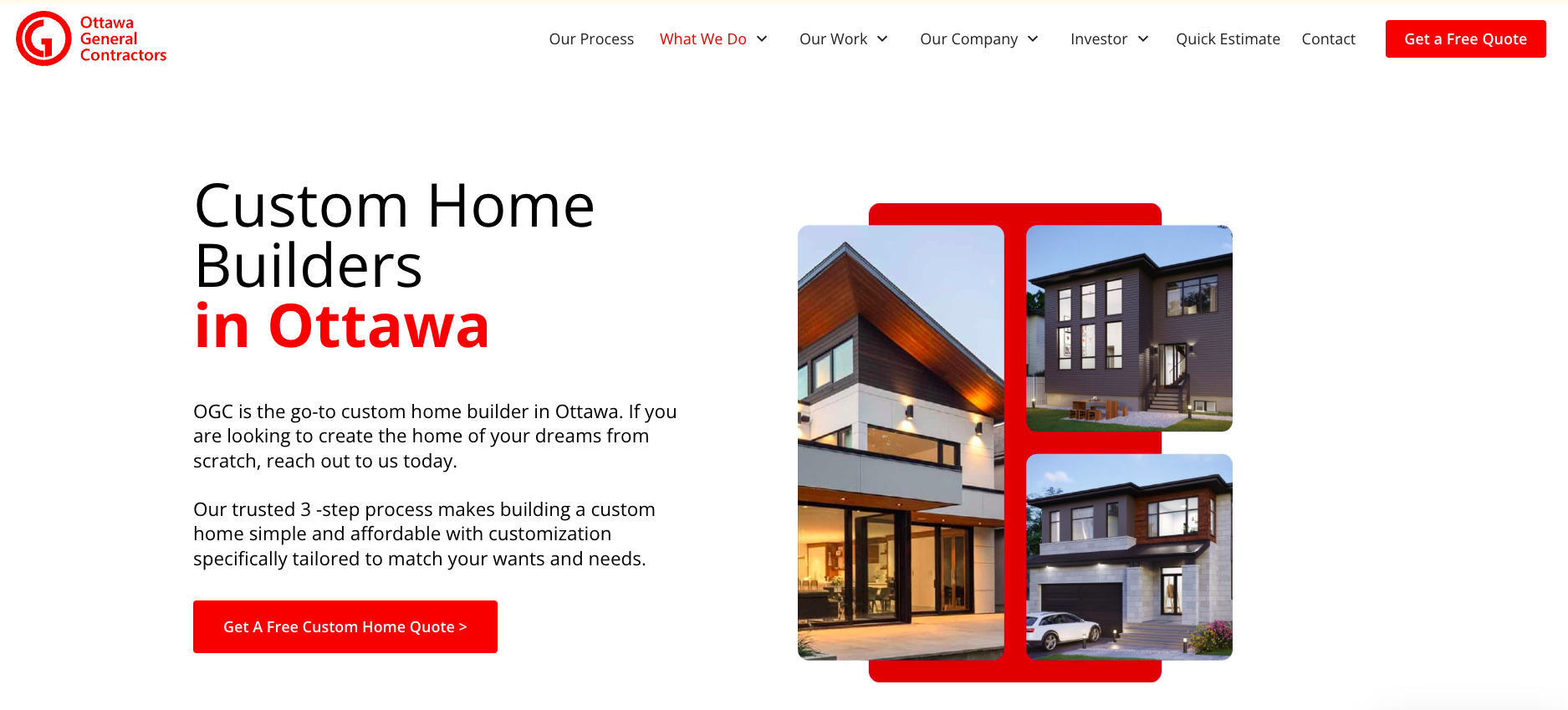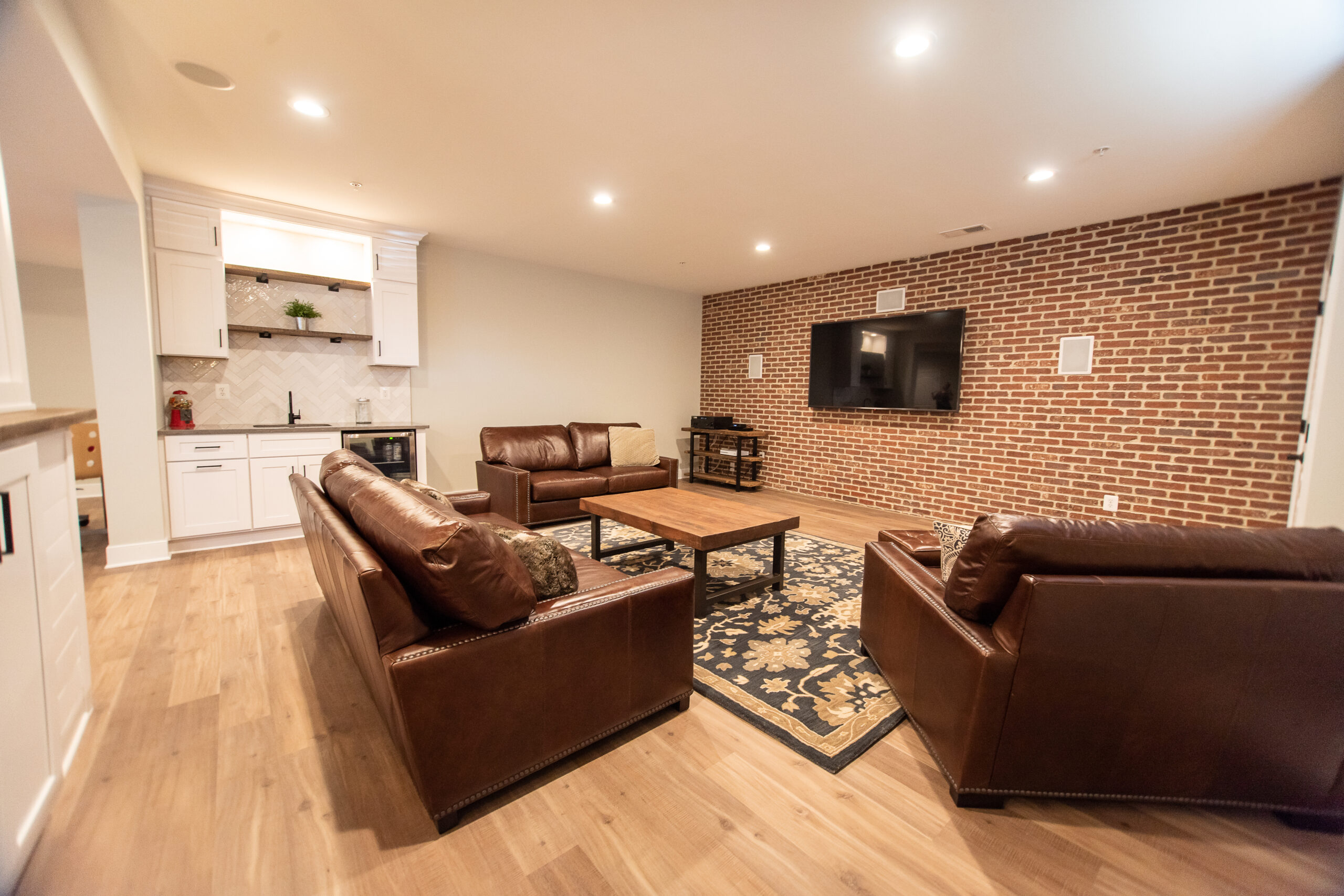What Is The Best Flooring For A Kitchen?
Choosing the best kitchen flooring for your next kitchen renovation depends on several factors: durability, water resistance, maintenance, aesthetics, and of course, budget.
As kitchens remain one of the most used spaces in the home, flooring choices need to stand up to spills, traffic, and daily wear while complementing the overall style.
Here's a comprehensive look at the top flooring options for kitchens in 2025, based on current trends, homeowner preferences, and long-term value.
.jpg)
Vinyl Flooring (Luxury Vinyl Plank or Tile)
Advantages: Vinyl flooring continues to dominate the kitchen flooring market in 2025. It offers exceptional water resistance, durability, and easy maintenance. Luxury vinyl plank (LVP) and luxury vinyl tile (LVT) closely mimic the look of natural materials like hardwood or stone while offering better moisture resistance at a fraction of the cost.
Adding notes about having a thicker better quality LVP makes a big difference from the lower quality LVP and this should be noted. Where as tile doesnt vary as much by quality over each other.
Popularity: Vinyl has officially surpassed hardwood as the most popular kitchen flooring choice, with approximately 22% of homeowners opting for it in recent remodeling projects. Its balance of function and design makes it a favorite among both budget-conscious renovators and modern designers.
Cost: Material and installation costs typically range from $2 to $7 per square foot, making vinyl one of the most affordable and versatile kitchen flooring solutions.

Porcelain or Ceramic Tile
Advantages: Tile remains a top-tier choice for kitchen flooring, particularly for its water resistance and longevity. Porcelain tiles are denser and absorb less than 0.5% moisture, making them ideal for spill-prone environments like kitchens. Tile is also scratch-resistant, easy to clean, and available in nearly limitless design options, including wood-look, marble-look, and geometric styles.
Popularity: Tile continues to be a staple, especially in households that prioritize resilience and hygiene. It appeals to both classic and contemporary tastes and remains one of the longest-lasting flooring materials available.
Cost: Expect installation costs to range from $7 to $15 per square foot, depending on the complexity of the pattern, tile size, and the skill of the installer.

Engineered Hardwood
Advantages: Engineered hardwood brings the natural beauty and warmth of wood with improved moisture resistance compared to solid hardwood. Its layered construction makes it more stable under varying humidity levels, which is especially useful in kitchens where temperature and moisture can fluctuate.
Popularity: This flooring is chosen by about 16% of homeowners for its aesthetic value combined with greater practicality than solid wood. It remains a favorite in open-concept kitchens and luxury remodels.
Cost: Installed cost generally falls between $8 and $14 per square foot.
.jpg)
Waterproof Laminate
Advantages: Waterproof laminate flooring has gained traction for its affordability and improved water resistance. Modern laminate comes with sealed edges that protect against moisture for up to 30 hours, making it a safer choice for kitchens than older versions.
Popularity: As technology advances, more homeowners are turning to waterproof laminate as a cost-effective alternative to vinyl and engineered wood. It delivers on style without breaking the budget.
Cost: Installed cost typically ranges from $3 to $7 per square foot.

Natural Stone Tiles
Advantages: Natural stone, such as slate, granite, or travertine, offers unmatched luxury and durability. Each tile is unique, providing a rich, organic look. Stone flooring also performs exceptionally well in high-traffic areas and can be sealed for added water protection.
Popularity: While less commonly used in average renovations, stone tiles remain a top choice for high-end kitchen designs and custom homes. Their aesthetic value and durability are hard to match.
Cost: Natural stone is one of the most expensive options, with installed costs ranging from $15 to $30 per square foot.
.jpg)
Cork Flooring
Advantages: Cork is an eco-friendly material harvested from renewable tree bark. It offers natural cushioning underfoot, thermal insulation, and moderate water resistance. Treated cork tiles are sealed to resist moisture and stains, making them suitable for kitchens.
Popularity: Ideal for sustainability-minded homeowners, cork is growing in popularity in 2025, especially among those seeking comfort and eco-conscious choices.
Cost: Installed costs vary from $3 to $11 per square foot depending on the finish and brand.
Key Flooring Trends in 2025
1. Waterproof Prioritization: Water resistance is a non-negotiable feature for many homeowners, especially those with families or open-concept layouts. Vinyl, porcelain tile, and waterproof laminate are leading the way for their ability to withstand spills and moisture.
2. Natural and Organic Looks: Homeowners continue to favor natural aesthetics—wood-look tiles, textured vinyl planks, and stone-look laminates are especially popular. These options give kitchens a warm, earthy appearance without the maintenance challenges of the real thing.
3. Sustainability: Eco-conscious buyers are driving demand for sustainable materials like cork, bamboo, and cement-based tiles. These materials align with broader green living trends and often carry a smaller carbon footprint.
4. Matte and Textured Finishes: Glossy floors are taking a backseat to matte and textured finishes, which not only reduce glare but also enhance traction and hide dirt and scuffs more effectively.
Final Recommendation
For most Ottawa homeowners in 2025, luxury vinyl plank flooring offers the best combination of affordability, water resistance, and visual appeal. It checks the boxes for durability, ease of maintenance, and modern style—making it the most well-rounded choice. However, if maximum water resistance and long-term durability are your top priorities, porcelain tile remains unmatched. For those seeking natural aesthetics and a sustainable footprint, cork flooring is worth considering.
No matter your priority—be it budget, beauty, or environmental impact—today's kitchen flooring options offer something for every need. Make sure to assess your lifestyle and goals before making a final decision. And always work with experienced installers to ensure the flooring performs as intended.
If you're ready to upgrade your kitchen floor in 2025, contact Ottawa General Contractors to help guide your selection and ensure professional installation from start to finish. Our expertise will help you choose the perfect flooring that suits both your style and functionality needs.

.svg)
.jpg)
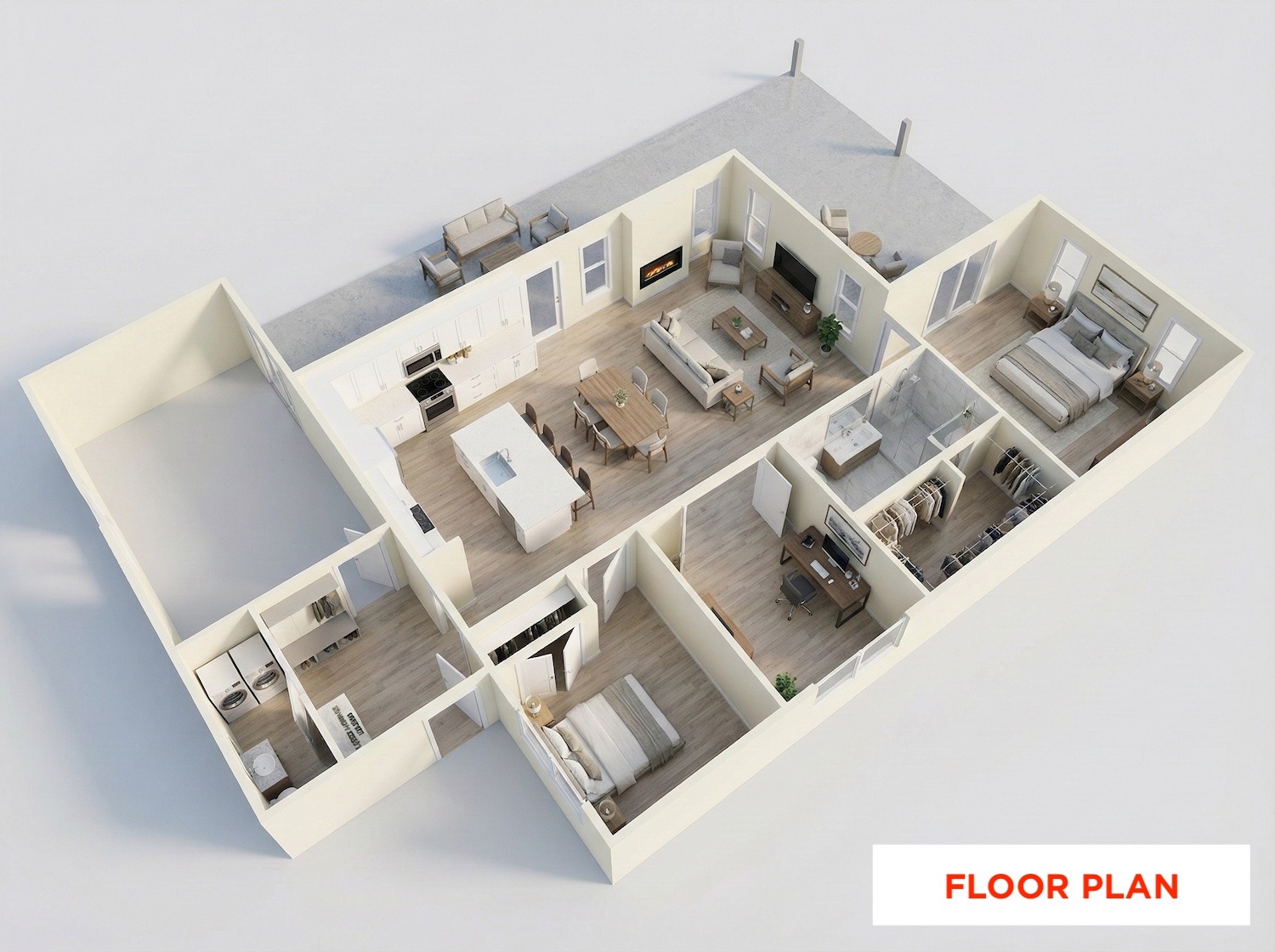
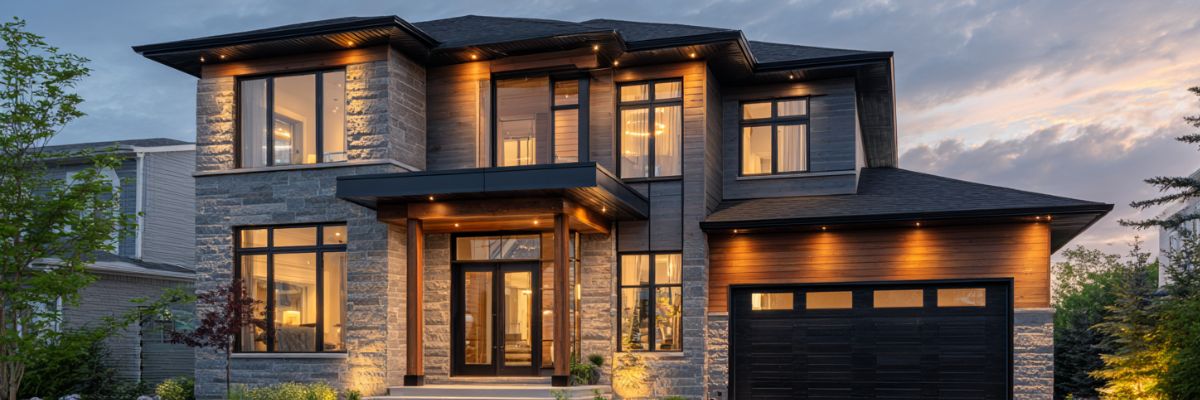
.jpg)
